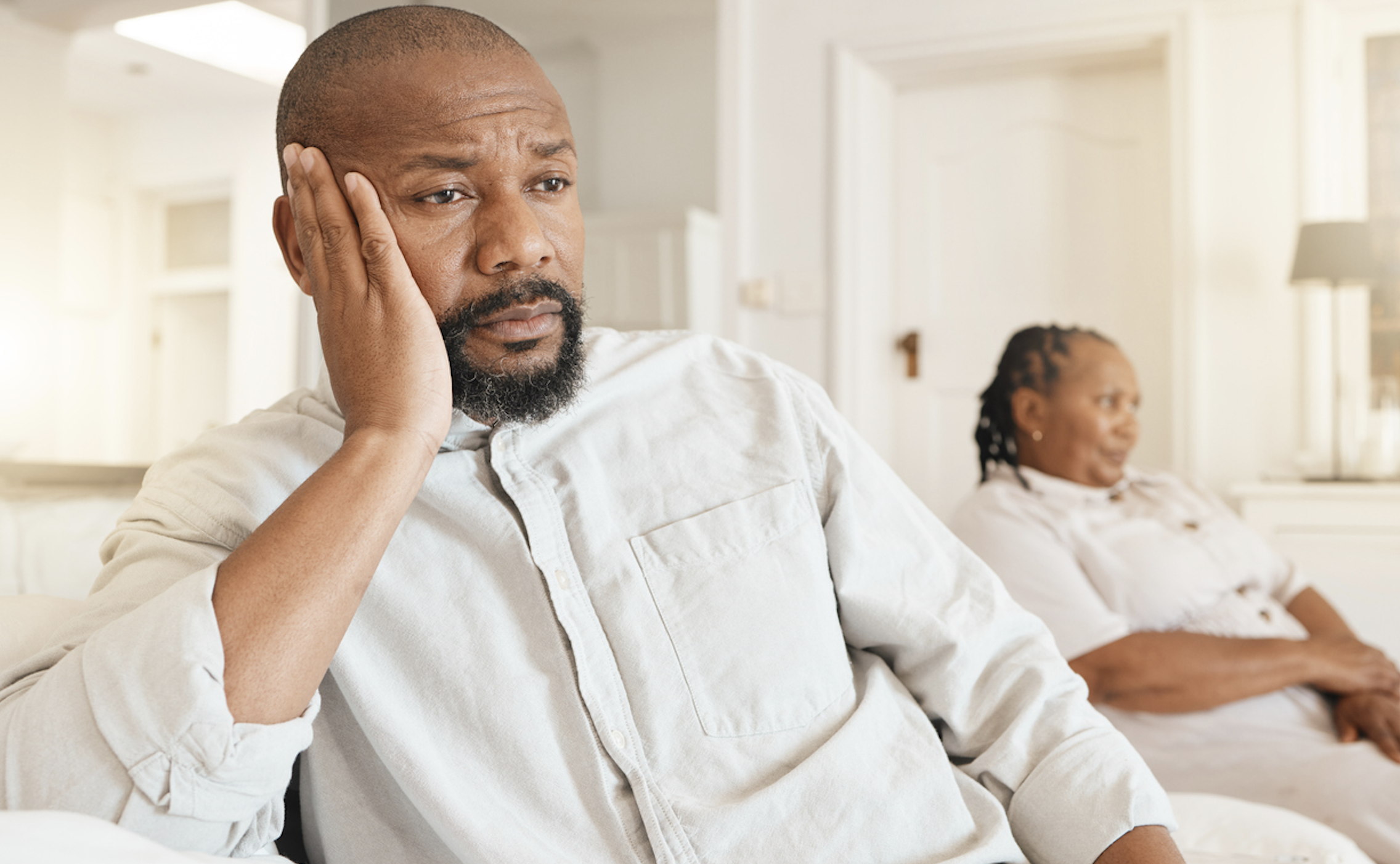Dis-Solution: Long Term Marriages Ending In Divorce
February 7, 2024

The list has been ongoing and in the public eye: Long-time couples, seemingly doing well from a distance, end up in divorce at a time in life when marriage dissolution seems unlikely (As one older divorcée commented, “Sixty was the age of leaving the house and returning for the car keys, the age of ‘have you seen my glasses?’ Who leaves a marriage at this point?”) Yet, if national trends are to be believed, plenty of long-married, older couples are headed to divorce court these days. According to recent research, while the divorce rate in the United States has generally declined in recent years, one group has defied that trend. Among adults 55 and older, divorce rates between 1990 and 2021 doubled, and for adults 65 and older, the divorce rate has tripled in that time. In fact, one out of every 10 people getting divorced these days is 65 years old or older. What’s up with that?
There are a lot of reasons for this trend, with women more likely to initiate “gray divorce” than men. The data show that 2nd or third marriages are more likely to result in divorce than original marriages and that those married for 10 years or less are more likely to wind up divorced. So some of the gray divorce cases can be attributed to later-in-life remarriages that didn’t work out. But why do long-term first marriages come to an end? There are a complex array of factors that may influence the decision to get divorced, including longer life expectancy (can you live with this person another 30 years?), financial disagreements about spending money later in life, the “empty nest” syndrome (if you’re no longer focused on the kids, do you still have things in common?), and more women feeling independent due to work or financial circumstances. Add to that the growing tolerance for divorce in our society and the fact that many older adults married at young ages (in contrast to today’s younger generations) and you have a recipe for divorce among older adults.
Of course, ending a marriage in your 60s, 70s, or even older comes at great potential financial and emotional cost. As one financial expert commented about gray divorce, “I haven’t seen a scenario in which either partner is better off financially.” Both parties are likely to experience a reduced standard of living: men by 21% after a divorce, and for women an even steeper drop of 45% in their standard of living. In addition to the standard of living, problems may also include a reduced retirement nest egg (with little time to rebuild), mounting legal bills, and determining housing and insurance, all adding up to a financial hit, especially if the husband was the primary income earner. Depending upon what type of health insurance each spouse had, there may also be forced changes to coverage or increased costs. Given a likely reduced standard of living, other necessary changes could involve delaying retirement or seeking employment again after you thought you were retired, altering your estate plans, rethinking inheritance objectives, and possibly refiguring your calculations for social security payments. Divorce is never easy, but when you combine it with the financial and emotional changes that often affect older adults, the stress and challenges may be exacerbated.
There will also likely be a significant emotional and psychological toll from a later-in-life divorce, even if you were the one initiating it. Everything from emotional roller coasters to creating new routines (and taking on tasks previously undertaken by your ex) may cause you to feel stress or uncertainty as to how to go forward. Creating a strong support network or seeking professional counseling may help you through the transition. For more helpful ideas, click here. But not everyone feels stressed or heartbroken as a result of a gray divorce. For some, it’s an opportunity to pursue a more authentic lifestyle or to indulge in opportunities long dismissed. And many may even dip their toe back in the relationship pool again. As one older now-divorced spouse acknowledged, “The only way to avoid this pain is to avoid love. But that is too hard a way to live.”







